- Terpenes are the compounds that give cannabis its distinctive aroma.
- Each strain has a different terpene profile and, thus, gives off a unique aroma.
- But besides being mesmerisingly fragrant, these oils come with a host of therapeutic properties.
- Find out below all you need to know about caryophyllene, one of cannabis’ main terpenes.
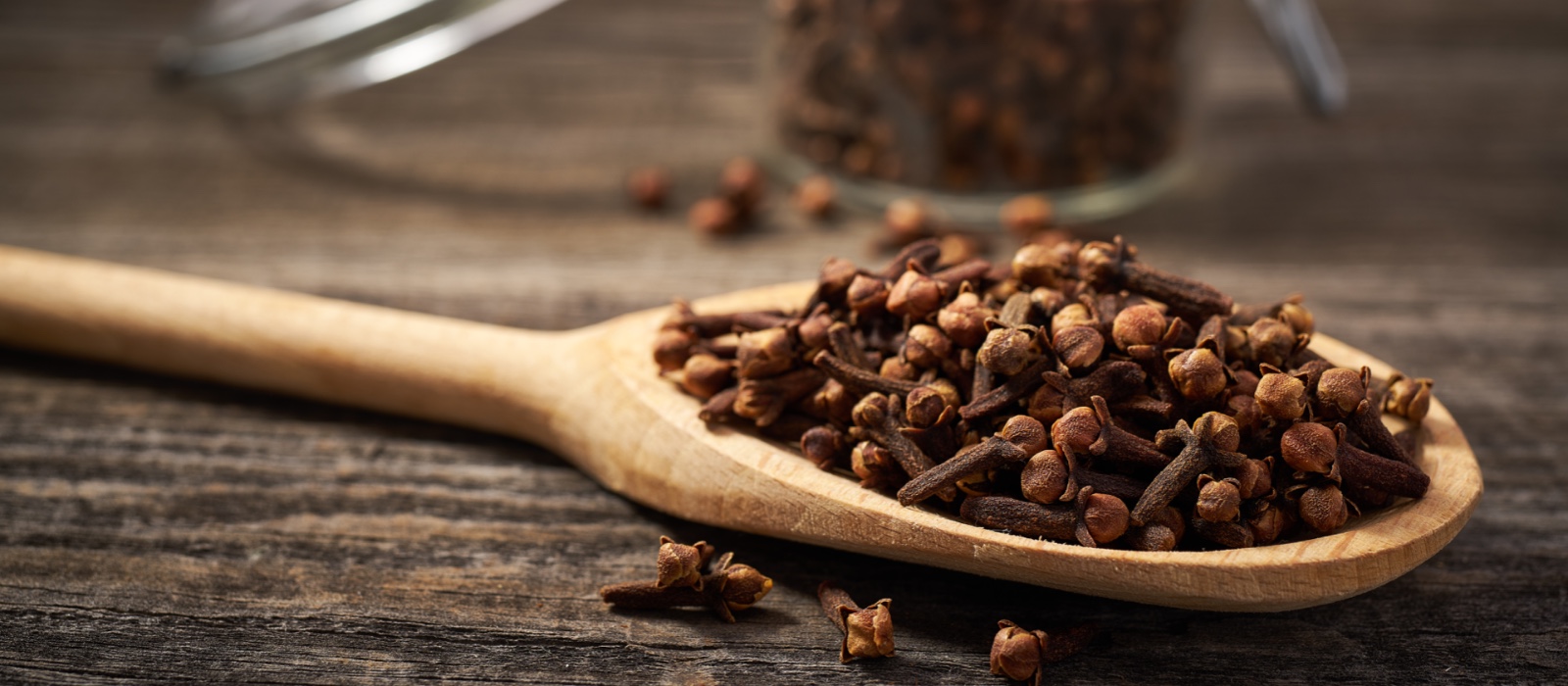
What is caryophyllene?
Classified as a bicyclic sesquiterpene, caryophyllene or β-caryophyllene is one of the main terpenes in cannabis as well as in other plants. Sesquiterpenes differ from monoterpenes such as limonene in terms of structure – monoterpenes contain just one isoprene unit and sesquiterpenes contain three. With a boiling point of 199 ºC, caryophyllene is one of the less volatile terpenes, and its smell is used by plants to keep pathogens at bay.
What does caryophyllene smell like?
Caryophyllene is found in many herbs and spices, among which black pepper, basil, hops, cloves, cinnamon and oregano. Found in abundance also in cannabis, it gives caryophyllene-rich strains a spicy aroma reminiscent of the above herbs.
The link between caryophyllene and the CB2 receptors in the endocannabinoid system
Unlike the rest of terpenes, caryophyllene binds to the CB2 receptors in the endocannabinoid system. These are primarily located in lymph nodes and contribute to the normal functioning of the immune system. Similarly to CBD, when caryophyllene binds to CB2 receptors, it exerts beneficial effects like inflammation reduction.
What are the medicinal benefits of caryophyllene?
Thanks to its effect on the endocannabinoid system, caryophyllene provides a wide variety of potential therapeutic benefits. Studies on the terpene have so far unveiled the following:
- Pain: A recent study found caryophyllene to reduce pain in mice, the terpene having also been found to increase the effect of morphine.
- Inflammation and brain ageing: Studies in mice have shown caryophyllene reduces inflammation, helping improve the symptoms of inflammatory diseases affecting the digestive tract, among which colitis. And since it reduces chronic inflammation in some brain areas, the terpene could be a possible therapy for treating neurodegenerative diseases like Alzheimer's.
- Anxiety and depression: Research with mice has found caryophyllene may help in treating depression and anxiety, providing a natural, less invasive alternative to standard treatment including benzodiazepines. Apparently, the anti-anxiety and antidepressant effect occurs upon activation of the CB2 receptors, which play a big part in depressive disorders.
One of the main issues concerning the use of caryophyllene, or any other terpene for that matter, as a therapeutic tool is whether the amounts found naturally in plants are enough to achieve the above-mentioned effects. In most of the caryophyllene studies to date, the terpene was used in isolation and in high doses, so more research is needed on the therapeutic properties of cannabis and their possible applications in the medical field.
What strains contain caryophyllene?
Thanks to the laboratory tests conducted by different seed banks, we now know that, contrary to the common belief, the fact that a plant is labelled as indica, sativa or hybrid does not affect its caryophyllene content. Quite the opposite, the terpene is found in abundance virtually in all cannabis strains.
Below are some Dinagirls that, based on the tests conducted in our Dinalab, contain high levels of caryophyllene:
Purple Moby Dick
This killer whale that wears purple is not only one of the most caryophyllene-rich strains in our assortment, but also one of the highest yielding, producing the same bumper crops as her predecessor, but with a slightly fruitier edge to the flavour.
Gorilla
This strain that belongs to the Chem family has become one of the most sought-after of recent years. The reasons speak for themselves: an overwhelming indica effect and lots of Diesel-flavoured buds full of complex aromas.
California Hash Plant
Our breeders excelled themselves when, after a thorough selection process, crossed a California Hash Plant and a Northern Light, creating a versatile, highly stable hybrid that adapts to any situation, including cold climates. Her resin-packed buds are perfect for extracts and concentrates.




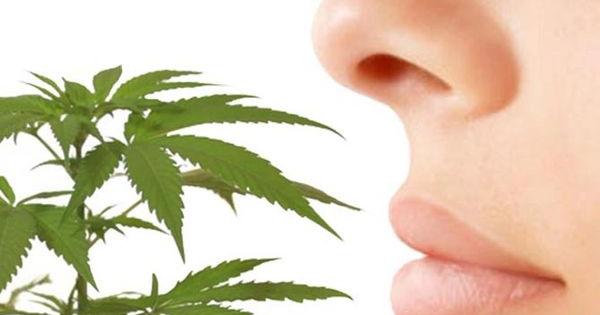
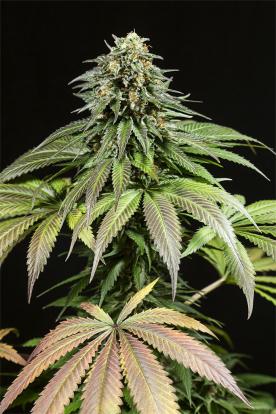
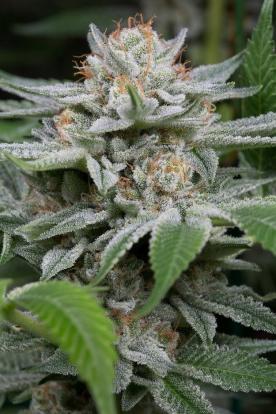
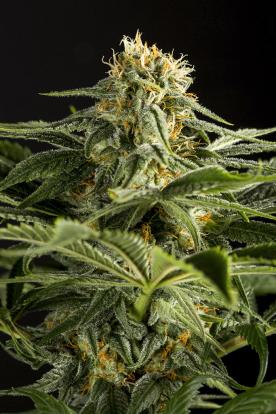
Comments from our readers
There are no comments yet. Would you like to be the first?
Leave a comment!Did you like this post?
Your opinion about our seeds is very important to us and can help other users a lot (your email address won't be made public).